
Why can only humans speak?
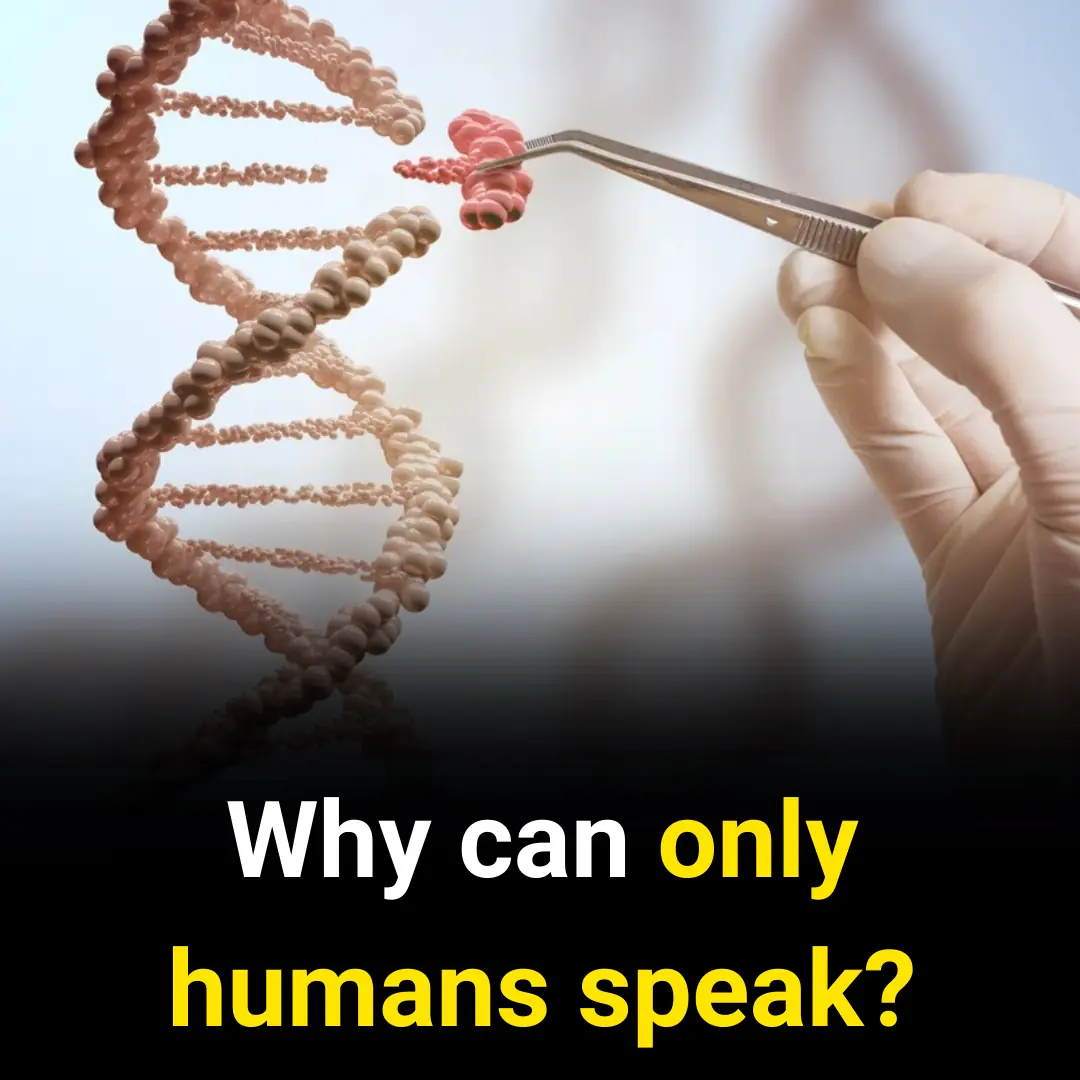
Why can we talk when our closest relatives, like Neanderthals, can't?
New research may have uncovered a key piece of the puzzle. It's a small genetic change that exists in modern humans but not in our extinct relatives.
The study focuses on a brain protein called NOVA1, which plays a key role in how nerve cells process information.
Researchers at Rockefeller University in the US have found that a single gene mutation in NOVA1 may have influenced the development of spoken language, setting humans apart from other species early on.
NOVA1 acts as a transmitter in the brain, controlling the expression of other genes in nerve cells.
The human version of the gene differs from the one found in Neanderthals, Denisovans, and other animals by just a small amino acid change. Yet that small difference appears to be the key to unlocking the human voice.
In a test experiment, scientists genetically engineered mice to carry the human version of NOVA1. They developed normally in all other ways, except for their vocalizations.
The pups with the human gene made different calls when separated from their mothers, and the adult males changed their mating calls, producing vocal patterns not previously seen in mice.
These findings suggest that NOVA1 plays an important role in how vocal behavior is formed and processed in the brain, and provide a genetic explanation for why only humans have developed complex speech.
Of course, this is not a complete answer to why human speech is so unique, but it is one of the foundational research findings that contributes to a perfect answer to a unique human ability.
News in the same category


Ever Wondered Why Hotels Put a Cloth Across the Bed? Here’s the Answer

Your Air Conditioner Has a Built-In Way to Indicate Low Refrigerant — Many People Never Notice It

Your Phone Has a Small Setting That Makes Charging Feel Much Faster — Without Harming the Device

Trying to Save Money, Many People Accidentally Bring Serious Danger Into Their Homes

Unlock the mystical power of an antique relic

Why are people with M-shaped hands considered special?
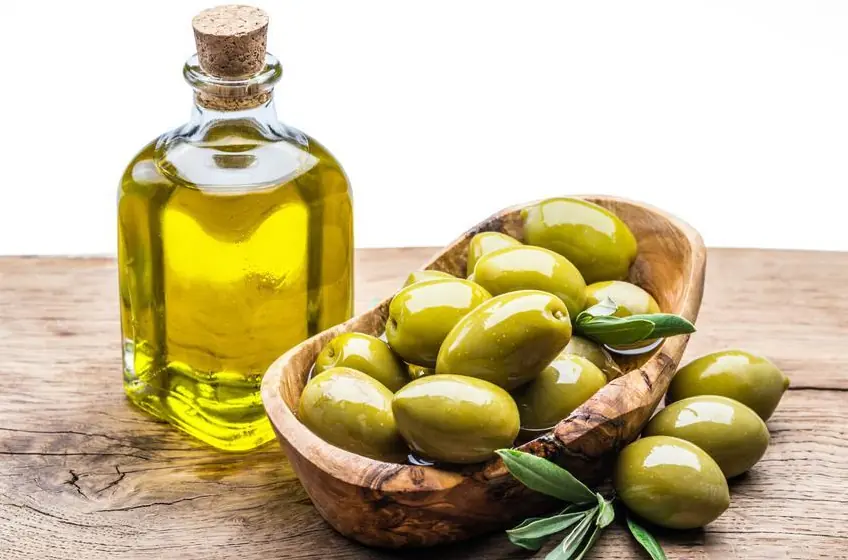
How long can cooking oil be stored after opening? How dangerous is it to consume expired oil?
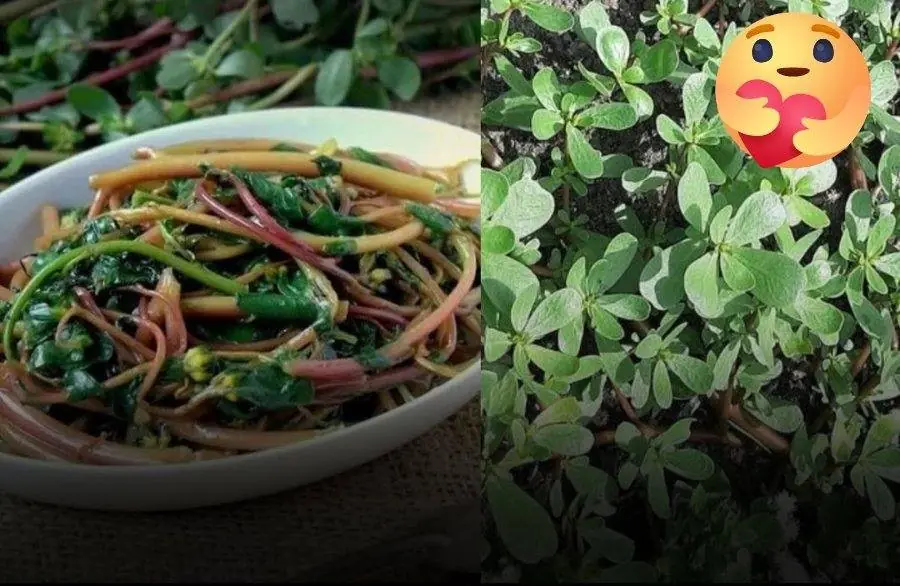
Many people don't realize just how nutritious this vegetable is

Pouring hot water down the kitchen sink may seem helpful, but it actually poses two major risks many people don’t know about
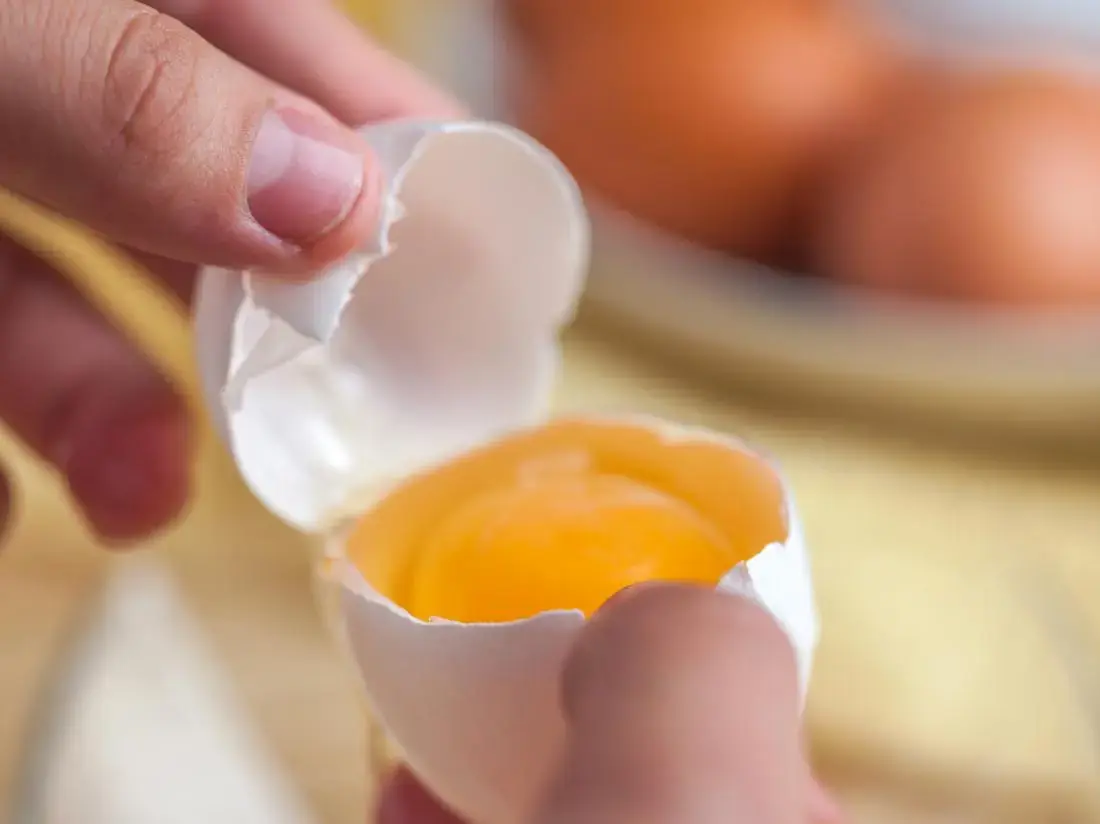
Doctors Warn: This Common Way of Eating Boiled Eggs Can Clog Your Arteries

Housewives should pay close attention to these common supermarket items
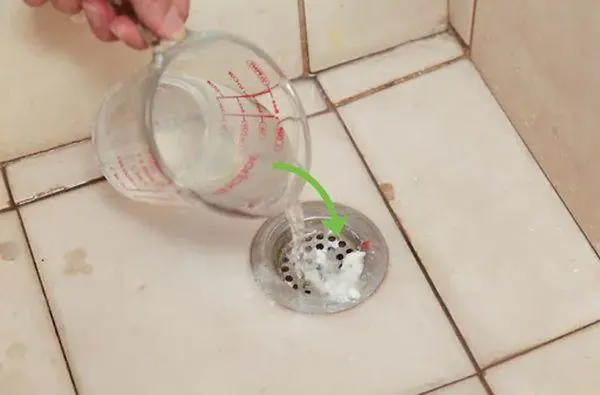
Have you ever wondered why people pour hot water into the drain?
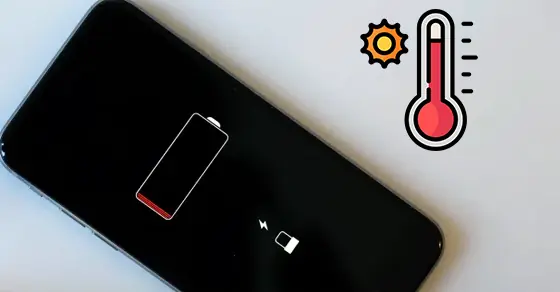
Is Your Phone Overheating and Draining Battery Too Fast? Here’s How to Fix It and Restore Performance
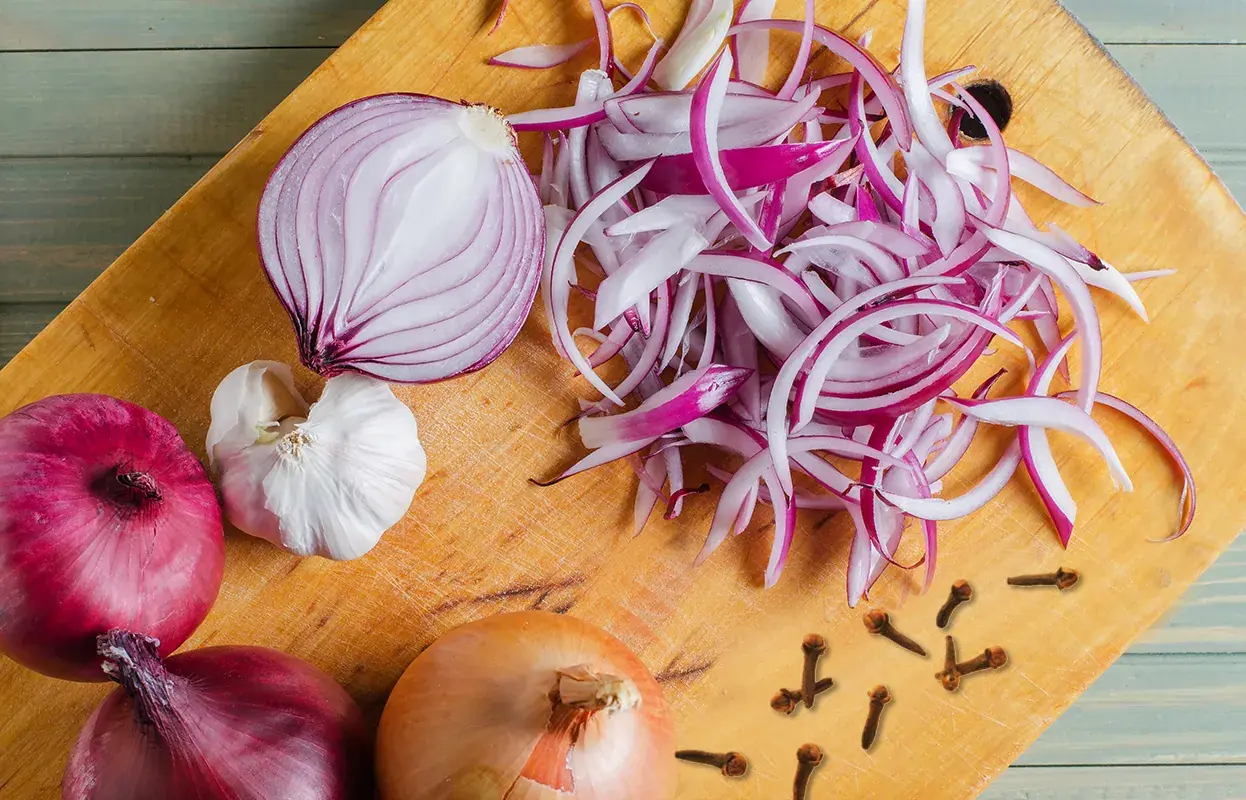
Doctors Speak Frankly: Four Types of People Should Avoid Onions

Why Some People in Their Early 40s Start to Develop an ‘Old-Age Smell’ — And It Has Nothing to Do With Hygiene

Japan’s hidden laundry technique: dries thick garments fast with 100% success

There’s always a reason: Why dogs bark at or chase people?

Why you should never pour household wastewater into the toilet?
News Post

Mopping with Plain Water Is Pointless: Add This One Thing and Your Floor Will Shine Like a Mirror All Week!

Stir-Fried Squid with Green Onions & Chili
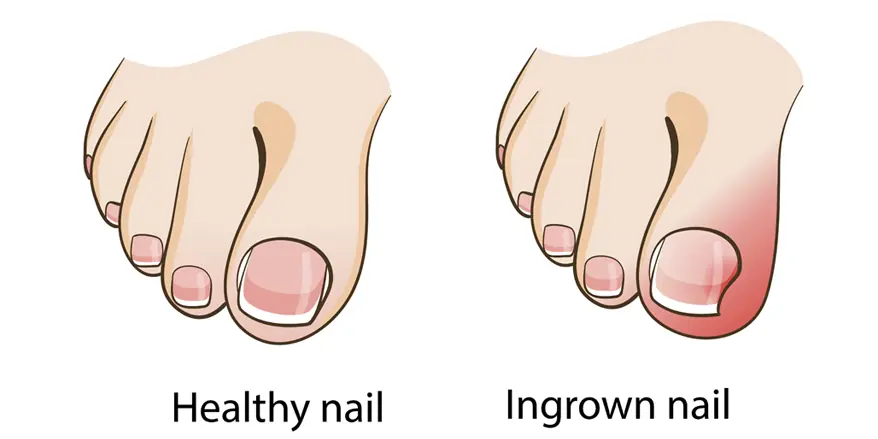
If you have these 6 signs on your feet, you should see a doctor soon because your health is having serious problems

Beef Rolls with Asparagus (Soy Garlic Glaze)
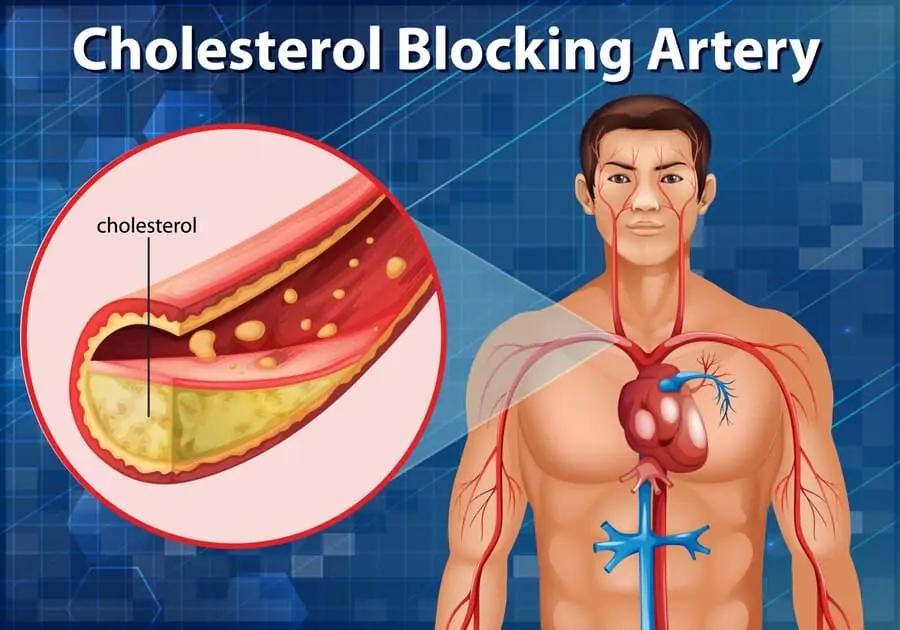
Off The Record One Month Before A Heart Attack, Your Body Will Warn You Of These 7 Signs

Vietnamese Spicy Pork Ear Salad

Four Drinks You Should NEVER Have in the Morning—Even If You Wake Up Extremely Thirsty: They Damage the Li.ver, Harm the Kid.neys, and “Steal” Your Lifespan
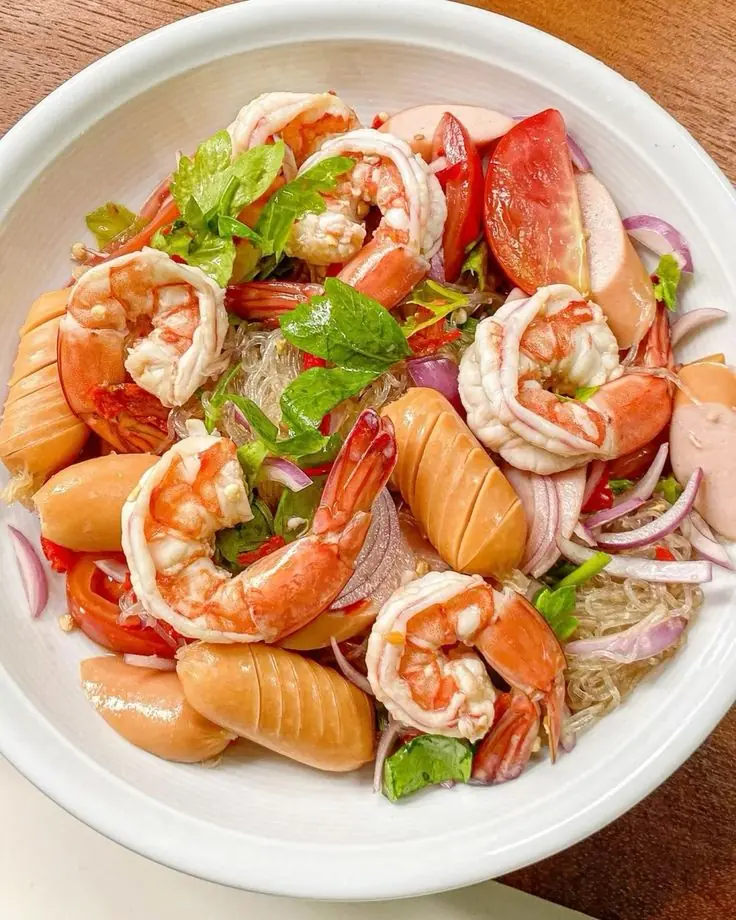
Thai Shrimp Glass Noodle Salad (Yum Woon Sen)

Crispy Roast Duck with Soy Glaze
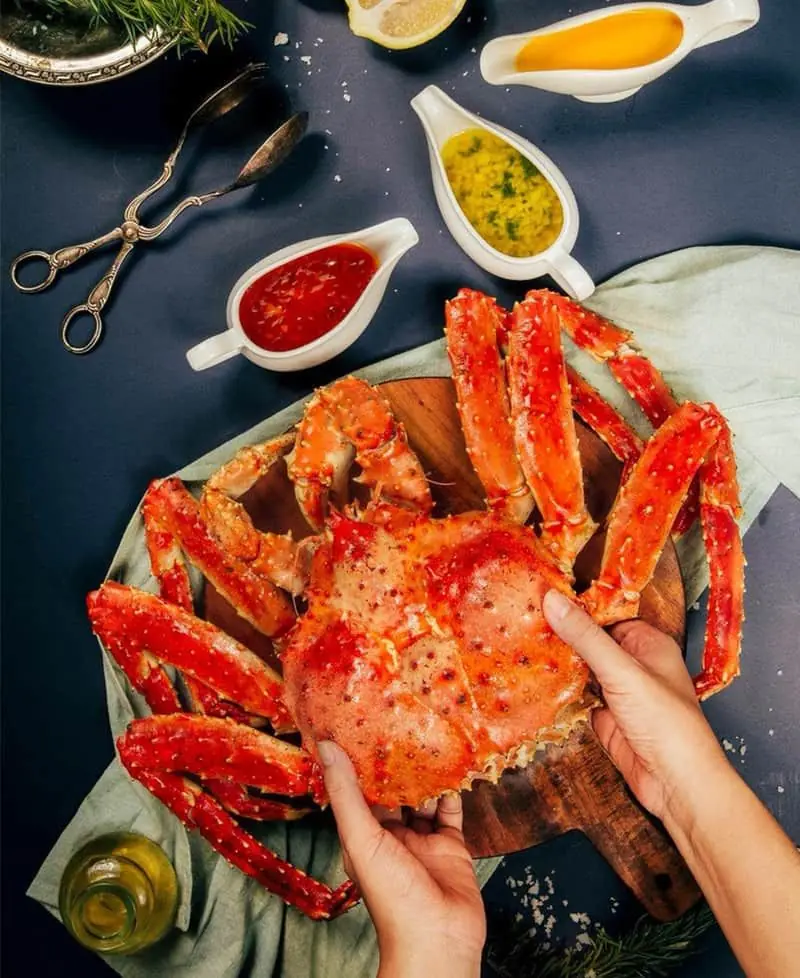
Baked King Crab with Garlic Butter & Cream Sauce
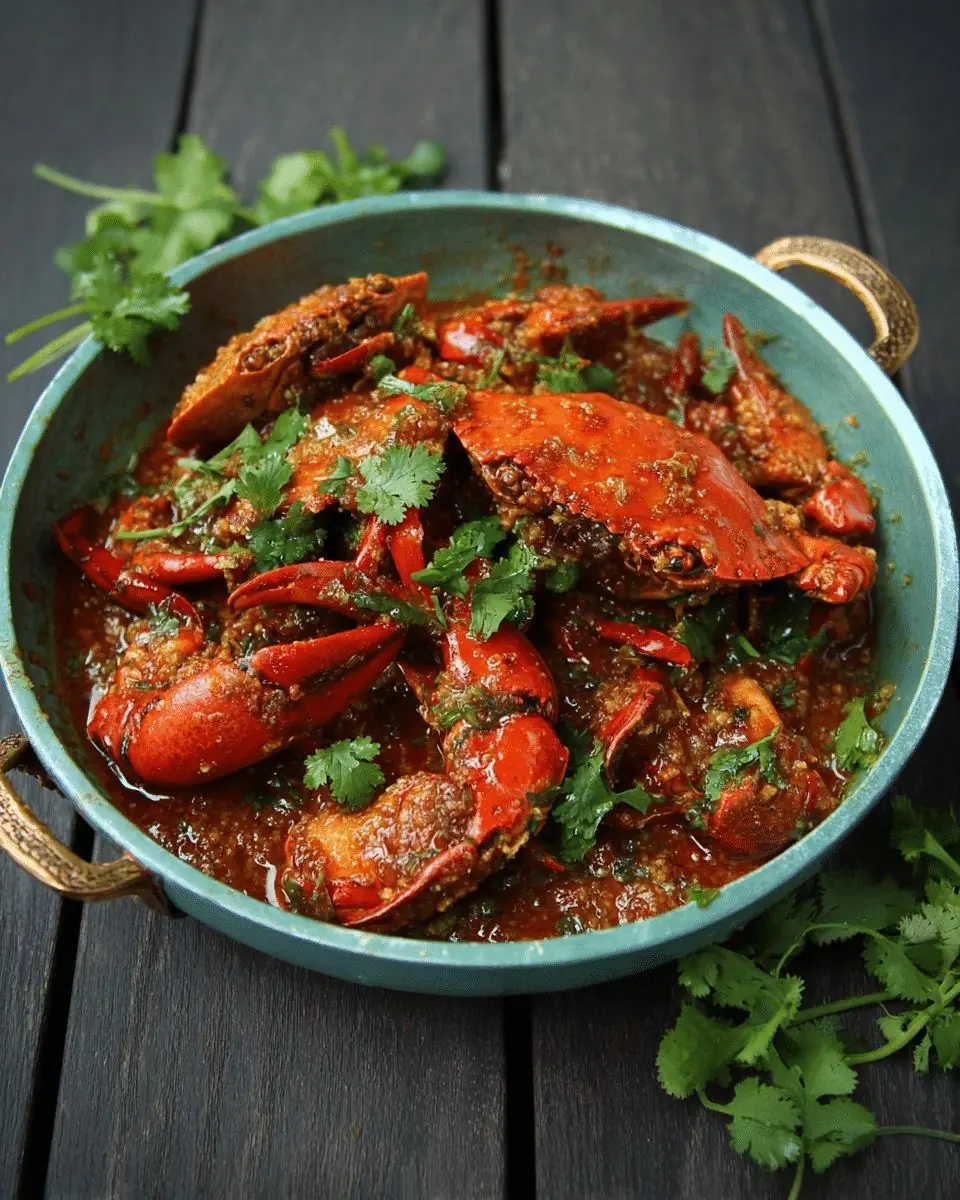
Spicy Garlic Chili Crab

Pan-Fried Fish Cakes with Spicy Red Sauce

Pumpkin Crunch Parfaits

Calling all sweet potato fans!
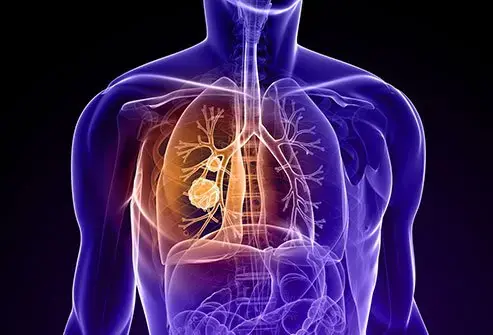
4 Finger Changes You Shouldn’t Ignore — Possible Signs of Lung Cancer
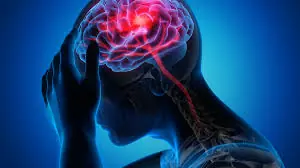
Middle-Aged People, Stop Doing These 7 Things-Even in the Cold Winter-Before It's Too Late!
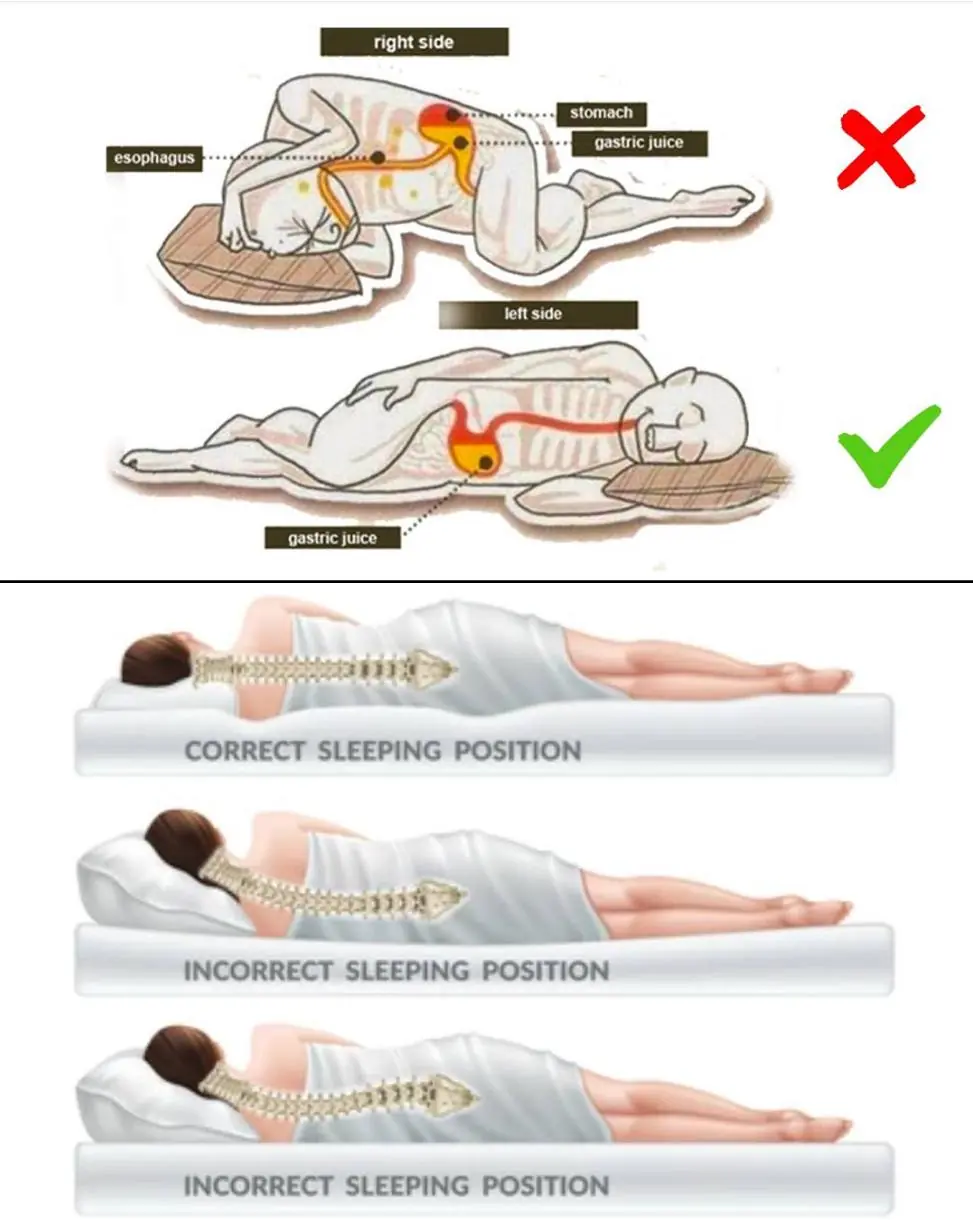
How Sleeping on Your Left Side Supports Brain, Digestive, and Lymphatic Health

Ever Wondered Why Hotels Put a Cloth Across the Bed? Here’s the Answer
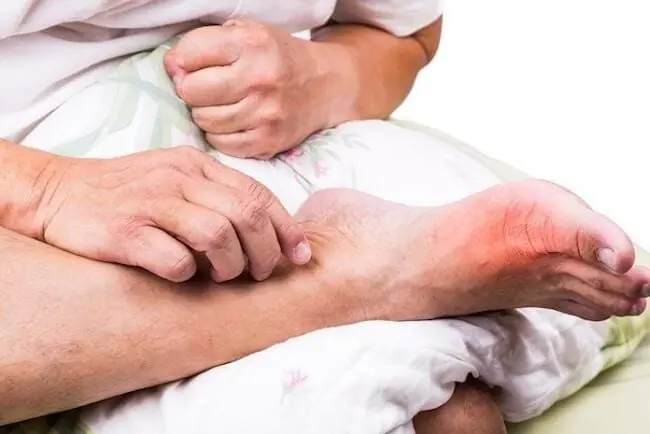
Your feet are a "bl.o.od sugar meter" Beware of diabetes if you frequent experience these 5 strange symptoms
